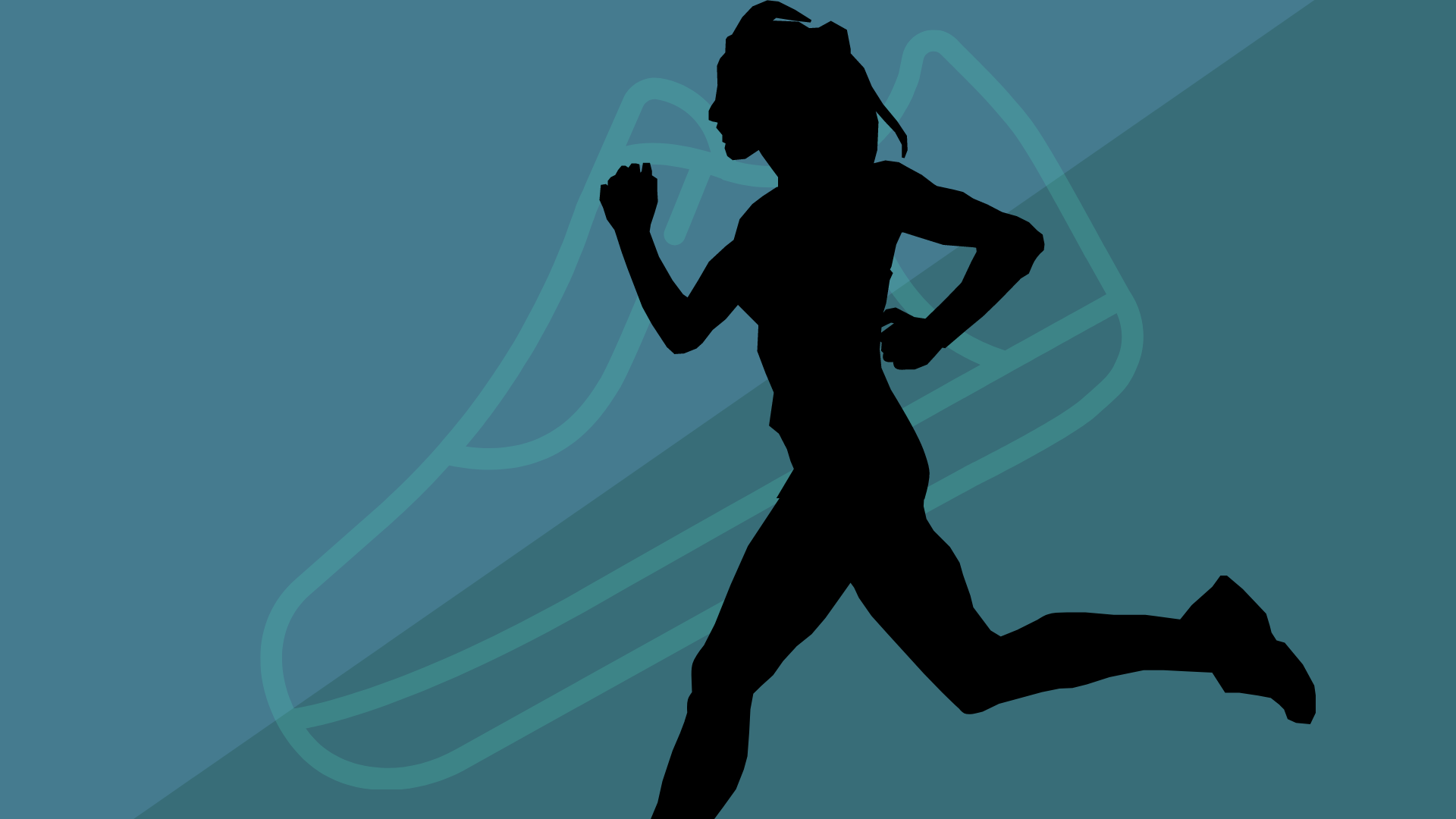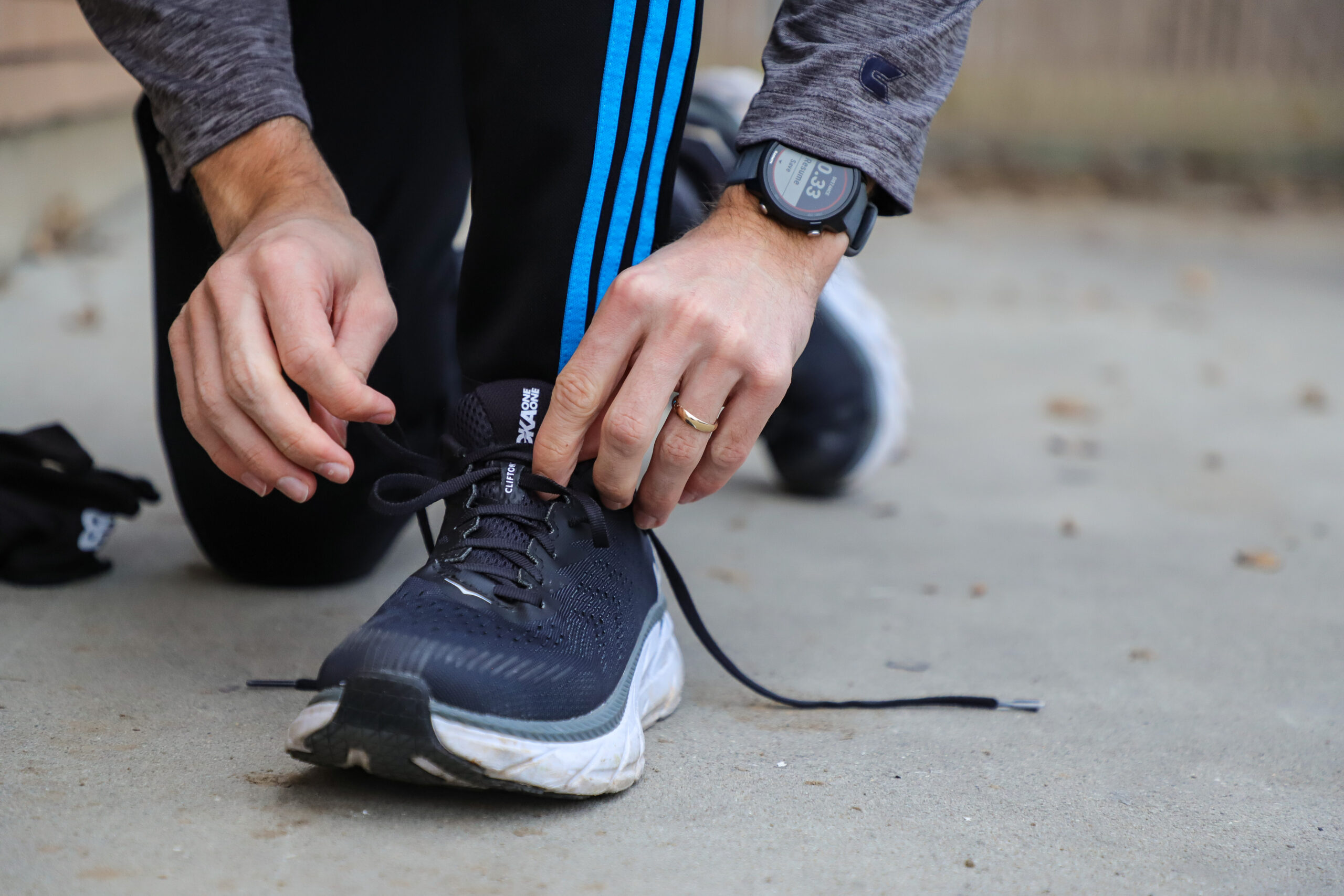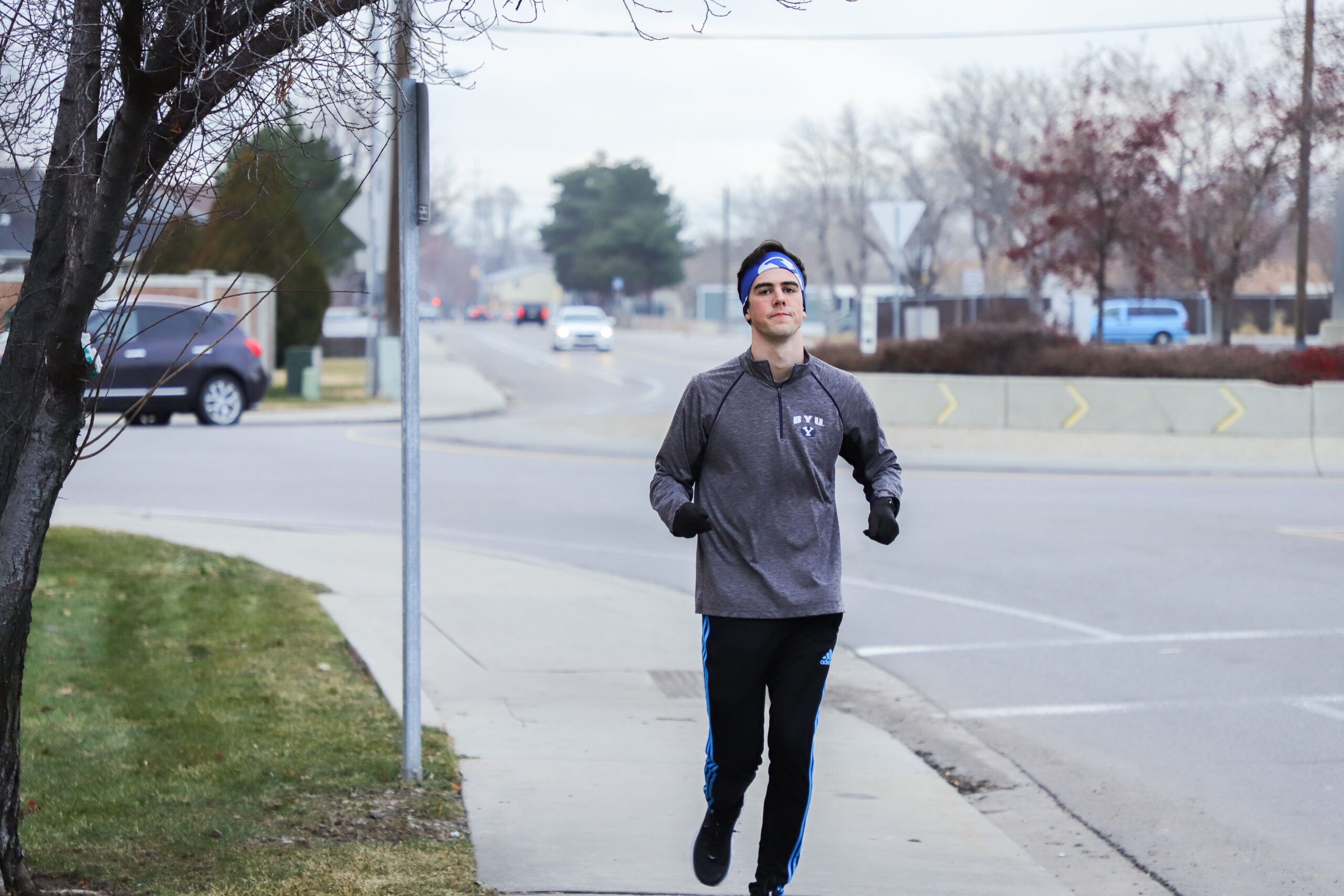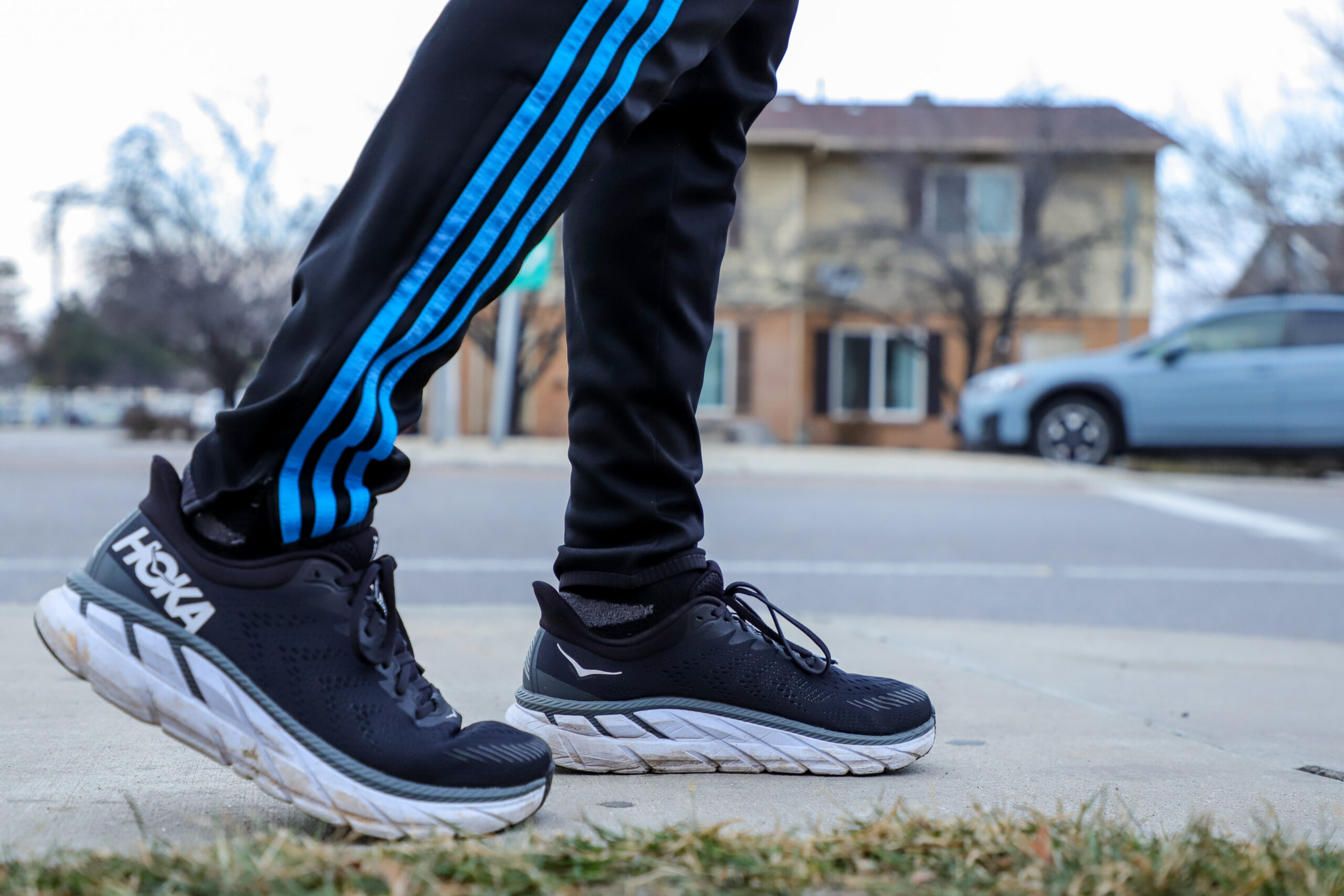BYU exercise science professor Iain Hunter is researching the biomechanics behind carbon fiber-plated running shoes to see how they can help long-distance runners increase their speed.
Hunter found evidence the shoes can increase speed up to 3–4% by restoring energy from the athlete’s foot strike back to their body.
A long-distance runner himself, Hunter found his love for biomechanics and exercise science in this longtime hobby.
“I study running so I can stay involved in the sport the way I love,” said Hunter. “It’s still enjoyable after 20 years.”
Hunter analyzes marathon kinematics, stride length and many other aspects of how the body is impacted by distance running. He uses his knowledge to guide runners around him, including mentoring at USA Track and Field. Hunter helps athletes one-on-one to improve their form, stride and speed.
BYU Running Club president and research assistant Kaleigh Renninger talked about the role biomechanics play in running.
“I’ve definitely been able to utilize what I’ve learned in Hunter’s lab in my own running,” Renninger said.

Hunter doesn’t just work with collegiate and national athletes — his research also lets him help his own children improve their skills and even recover from a major injury.
Hunter’s daughter Meghan, a BYU Track and Field athlete, made Utah state history in several ways during her high school running career. Her talent and work ethic have also brought her success in college.
However, the journey hasn’t been without its difficulties. In 2019, shortly after beginning at BYU, Meghan was in a car accident that broke her neck. With his background in biomechanics and athlete mentorship, Meghan’s father used his knowledge to assist her in recovery.
“It made me wish I knew even more, because the more I study, the more I realize how little is really known,” Hunter said.
Hunter said he is grateful to see the improvements Meghan has made. Her doctor cleared her to begin running again only six months after the accident. “She’s running much quicker in the 800 than she did before,” Hunter said.
Hunter also said running has blessed his life. As a faculty advisor for the BYU Running Club, Hunter is able to work with a large number of BYU runners.
“Whenever exercise is a component of someone’s life, they are going to get benefits psychologically, emotionally, spiritually and socially,” he said.
Many of the students in BYU’s Running Club agree the grit required in running pays off in the end.
“It’s an amazing feeling to get past that barrier you never thought you could,” club member Blake Bevans said. “I feel like I’ve been able to do that a lot, especially with the running club.”
Hunter will be presenting his research at a gerontology conference on BYU campus in March.











